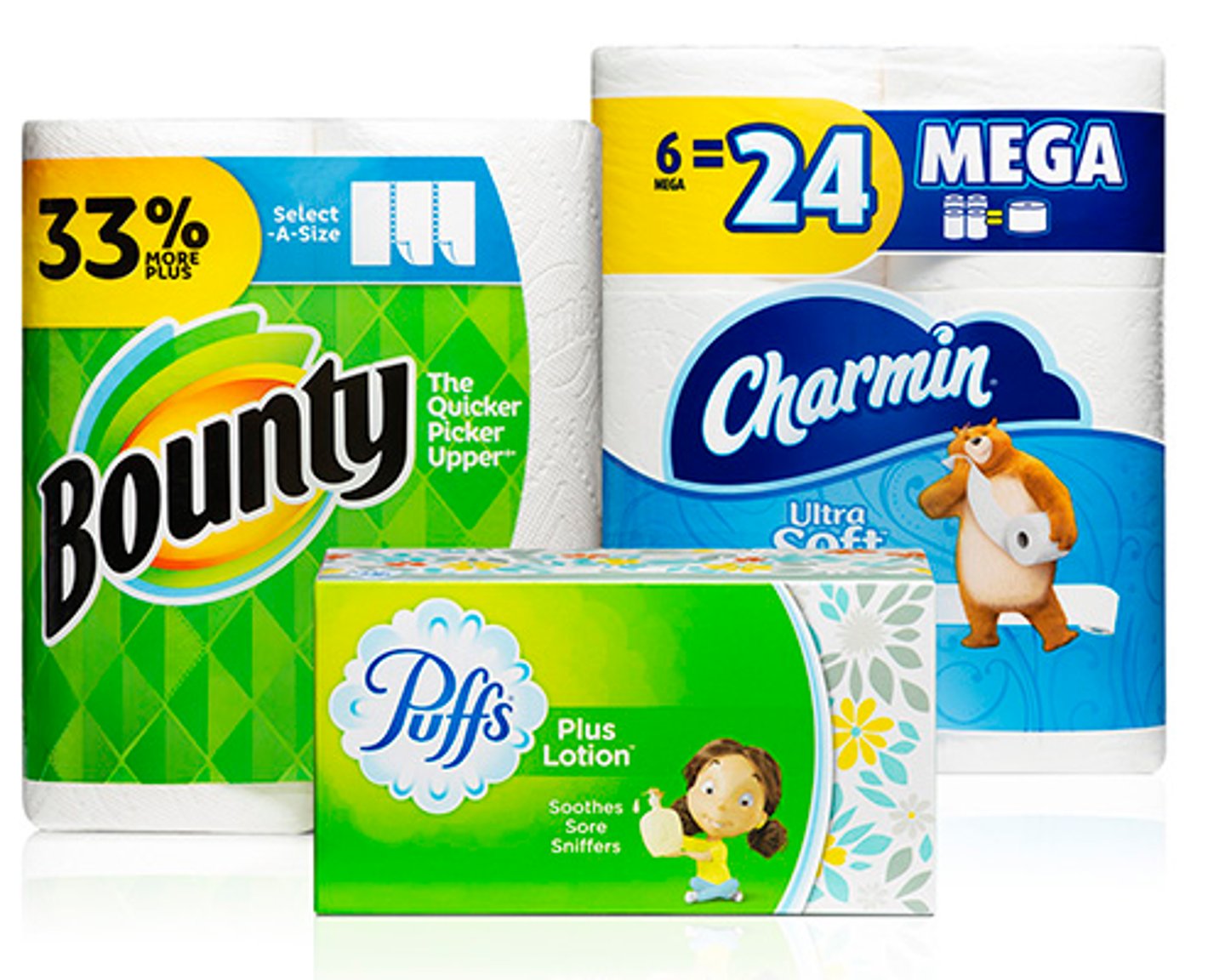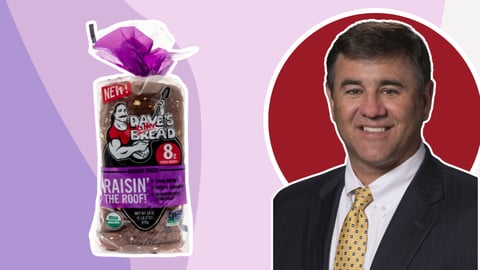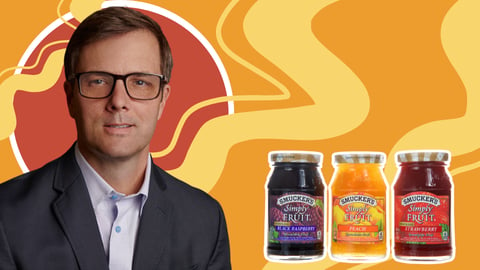P&G’s New Normal Includes Record Production & 35% Growth in E-Com Sales
Procter & Gamble's decision to center its strategy on six business units and 10 core product categories is serving it well as it navigates the new normal landscape.
While the consumer goods company views its outlook as strong, Jon Moeller, vice chairman, COO and CFO, tempered all optimism with frequent caveats regarding the unprecedented level of volatility accompanying the spread of COVID-19.
P&G reported net sales of $17.2 billion in its fiscal third quarter, an increase of 5% over the prior-year period, driven by increased consumer demand as a result of the virus and preparation for stay-at-home mandates. Total organic sales grew 6%.
Global e-commerce sales grew a staggering 35%, representing approximately 10% of the company’s business.
“Obviously the at-home dynamics and the unwillingness to congregate in physical stores is driving a fair amount of that,” said Moeller in an earnings call. “We’ll have to see where that nets out, but I don’t think it all goes away. I think we’ve seen a permanent shift in the percentage of business that’s going to be done in e-commerce, and we view that positively.”
Fabric and home care category organic sales grew 10%, while health care was up 9% and baby, feminine and family care rose 7%.
Beauty organic sales ticked up just 1%, however, while grooming ticked down 1%, in part because of the shutdown of travel retail sales and the rise in remote working environments.
“We will serve what will likely become a forever altered health hygiene and cleaning focus for consumers who use our products daily or multiple times each day,” Moeller said. “There may be an increased focus on home, more time at home, more meals at home, more cleaning of homes with related consumption impacts.”
However, he noted, the company has also never confronted such high unemployment levels before. “We’ve never faced a complete shutdown of very important channels of commerce, whether that’s travel retail,” he added, “whether that’s the electric channel in Europe, whether that’s the specialty beauty channel. So there’s a huge amount of volatility we’re likely to experience, and we’ll learn more every day.”
He also warned of the potential of months of sporadic production suspensions because of quarantine mandates or raw material supply levels.
“It’s not just our operations that matter here,” Moeller said. “It’s those of our suppliers, of contractors and of our transportation partners. A lot must go right in a very challenging environment, and not all of it will.”
P&G manufactured and shipped a record volume of product in March, with its largest five North American plants producing and shipping 22% more cases for the month vs. the average of the prior 12 months.
Its 108 manufacturing plants and its network of external suppliers are broadly operational, Moeller said, with just a handful operating at modified capacity as a result of regulation, workforce, travel restrictions, curfews, material availability or quarantine needs.
Production of nonmedical facemasks has begun in the United States and China — with work underway in other regions — and the company expects to produce over 10 million masks per month once fully operational.
It’s also modified equipment in nearly a dozen sites to manufacture hand sanitizer for hospitals, health care facilities and relief organizations.
“Success in our highly competitive industry requires agility that comes with a mindset of constructive disruption, a willingness to change, adapt and create new trends and technologies that will shape our industry for the future,” noted Moeller. “In this environment, that agility and constructive disruption mindset are even more important.”
Procter & Gamble is No. 2 on the CGT Top 100 Consumer Goods Companies of 2019 ranking.







